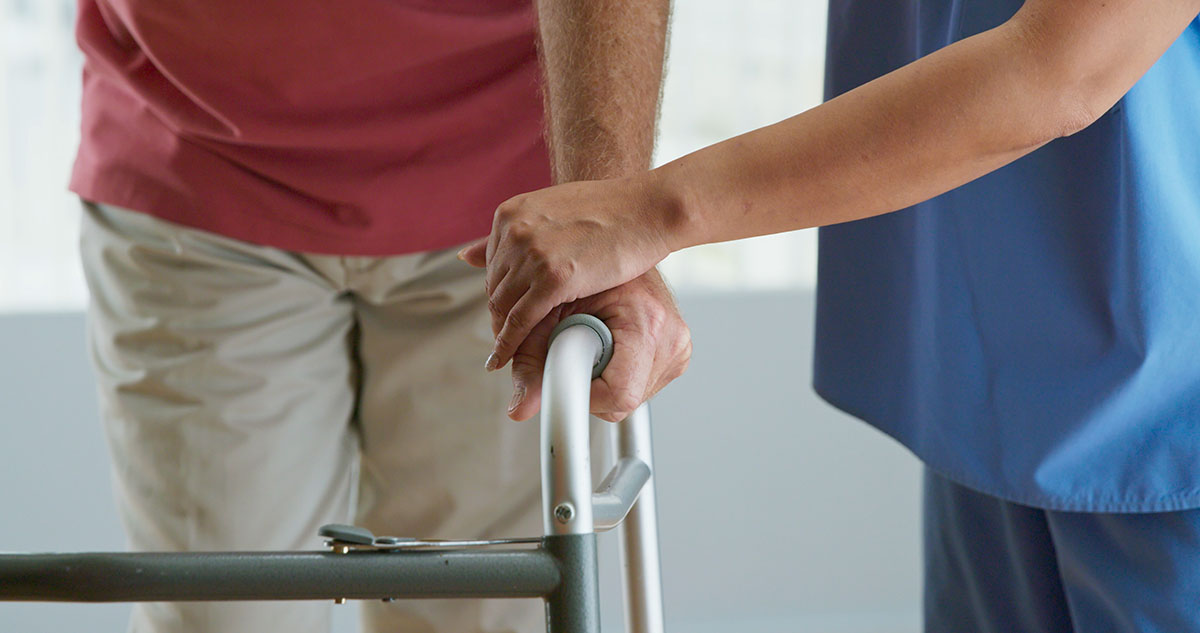47 survivors of child abuse in Ireland have appealed decisions by the body set up to monitor requests for help from the redress fund known as ‘Caranua’, but just three of the appeals have been upheld.
In 2002, the Irish Commission to Inquire into Child Abuse resulted in the setting up of the Irish Residential Institutions Redress Board, through which 16,000 people received financial compensation. The average lump sum of compensation was worth €62,204 ($85,849AUD), the single largest award being €300,500 ($414,758 AUD).
Those 16,000 people who received compensation are now eligible for further assistance via Caranua for access to specifically approved health, education, and housing supports. To date, Caranua has made 9,794 payments to 1,597 people since it opened in 2014. In total, €16.7 million has been paid to survivors of abuse.
Central to the concept of the Caranua fund is that survivors of child abuse have a range of ongoing needs throughout their lifetime. Many survivors of child abuse have had poor schooling, health problems and diminished employment prospects all stemming from the trauma of their abuse. Caranua aims to support those who received financial compensation with future needs including GP and dental services, personal well-being support and housing.
An important feature of Caranua is that survivors are allowed to appeal a decision made about amount and type of help that is approved for them. Of the 38 appeals completed this past year, 16 related to decisions on eligibility to access the fund. The Irish Examiner newspaper reports other appeals related to home improvements or housing, refusals for provision of a car and mortgage or bank loan arrears.
Many Australian child abuse support and advocacy groups have cited the Irish redress scheme as an example Australia should follow once the Royal Commission has finished its work.
The Royal Commission is expected to release its final recommendations on redress for abuse survivors in August. 2015. You can read the Royal Commission’s latest consultation paper on redress here
Where did the redress money for Irish survivors come from?
The Irish Residential Institutions Redress Board scheme was funded by an agreement forged in 2002 by the Irish government and a coalition of 18 religious congregations, which agreed to pay €128 million in exchange for government indemnity from civil lawsuits
But the arrangements have come to be seen as highly controversial, after money received from the congregations fell short of the amount needed. Earlier this year, it was revealed the Catholic Church has further surrendered ownership of 44 properties worth €42m to the State as part of efforts to meet redress costs.
Ryan Carlisle Thomas has been closely following the issue of justice and compensation for Irish abuse survivors. We acted for Australian-based abuse survivors who sought compensation under the Irish scheme. We have also acted for about 2000 survivors of institutional abuse in Australia through previous state based redress schemes and informal settlement conferences.
Northern Ireland child abuse inquiry extended
Meanwhile, the Historical Institutional Abuse Inquiry in Northern Ireland has confirmed it will extend the scope of its investigations.
The HIA inquiry is examining abuse suffered by children in Northern Irish residential institutions over a 73 years period up to 1995.
So far, it has examined homes run by the Sisters of Nazareth, the De La Salle brothers and the child migrant scheme that saw more than 130 Northern Irish orphans sent to Australia.
Now, it will add investigations into Fort James Children’s Home and Harberton House in Derry/Londonderry and a separate examination of the activities of pedophile priest Brendan Smyth.
The Inquiry received 65 applications from Australia, representing 12 per cent of all applications made.
The Inquiry is due to report to the Northern Irish government by 2017.



